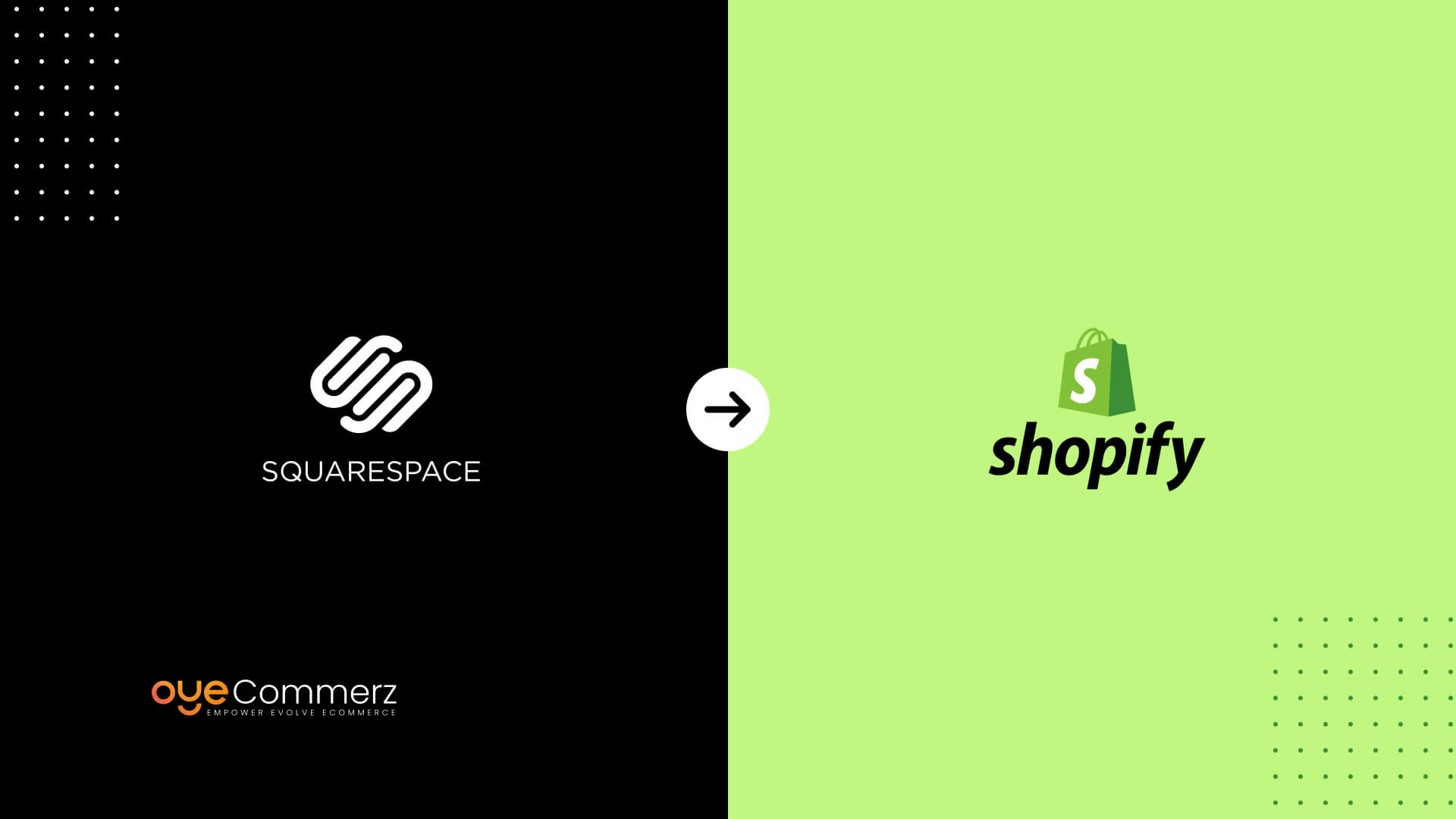In today’s competitive online retail landscape, selecting the right platform for your online store can significantly impact your business growth. Many businesses initially start with Squarespace for its simplicity but eventually outgrow its capabilities, prompting a switch to Shopify for greater scalability and features. This comprehensive guide will help you navigate the process of Squarespace to Shopify migration, ensuring a seamless transition while preserving your data and optimizing your new Shopify store for success.
Why Migrate from Squarespace to Shopify?
While Squarespace offers an intuitive interface for new users, it has limitations for scaling an e-commerce business. Shopify, on the other hand, offers a powerful platform with capabilities like Shopify theme designing, sophisticated integrations, and a extensive app ecosystem. According to a 2023 study, Shopify supports over 4 million companies worldwide, making it the go-to choice for entrepreneurs seeking flexibility and growth.
Key Factors Before Migration
Before jumping into the Shopify migration guide, it's crucial to plan your migration carefully. Assess your existing store’s needs, from data transfer and product listing transfer to ensuring online information security. Identify whether you’ll use automated migration services or follow step-by-step migration procedures. Each method has its advantages and disadvantages, depending on your skill level and financial plan.
Steps for Exporting Data from Squarespace
The first step in migrating your store is to export your data. Squarespace enables you to move important content like products, orders, and customer details. However, some restrictions apply, such as restricted export options for certain blog content and pages. Using software or platforms to help in exporting data from Squarespace can save time and ensure accuracy.
Importing Products and Data into Shopify
Once you’ve moved your information, you’ll need to upload it into Shopify. Shopify’s built-in import tools enable smooth product catalog transfer, customer information migration, and order history migration. For large-scale information, Shopify apps for migration can simplify the process while minimizing manual errors.
Switching Domains and Shopify Setup Process
A key aspect of your migration is moving your domain. Shopify provides a simple process to link your domain, ensuring no disruptions to your web presence. During the Shopify setup process, you’ll set up store preferences, payment methods, and shipping methods, establishing a strong foundation for your online store.
Customizing Your Shopify Store
One of Shopify’s unique features is its customization capabilities. Unlike Squarespace, Shopify offers extensive theme designing to match your brand’s persona. With thousands of designs accessible, you can adapt your store to enhance the customer journey in e-commerce and improve online retail SEO practices.
Migration Costs and Support
Migrating your store involves expenses, from domain switches to hiring experts for technical support during migration. Shopify’s network offers resources like tutorials and dedicated migration platforms to facilitate a smooth process. Planning a migration cost estimation helps avoid unexpected expenses.
Post-Migration Checklist for Shopify
After finishing your migration, use a post-migration checklist for Shopify to verify everything works properly. Check data accuracy, test payment systems, enhance for SEO, and activate key features like mobile responsiveness. Resolve any problems promptly using migration error-handling tips.
Benefits of Migrating to Shopify
Migrating to Shopify opens up opportunities for growth. With availability to advanced analytics, a extensive app marketplace, and superior scalability, Shopify empowers businesses to Migrate from Squarespace to Shopify thrive. By transitioning, you gain tools for better Shopify store optimization and access to advanced features lacking in Squarespace.
Conclusion: Your Path to E-Commerce Success
Transitioning from Squarespace to Shopify may seem daunting, but with a structured approach, it can be a transformative step for your business. Whether you’re moving blog content, ensuring customer data migration, or resolving issues along the way, Shopify offers the tools to expand and grow.
Are you ready to make the leap? Begin your journey now by exploring Shopify’s powerful features or seeking advice from migration specialists. How will you ensure your e-commerce platform evolves with your expanding business? Let Shopify store optimization tips us know your feedback!
